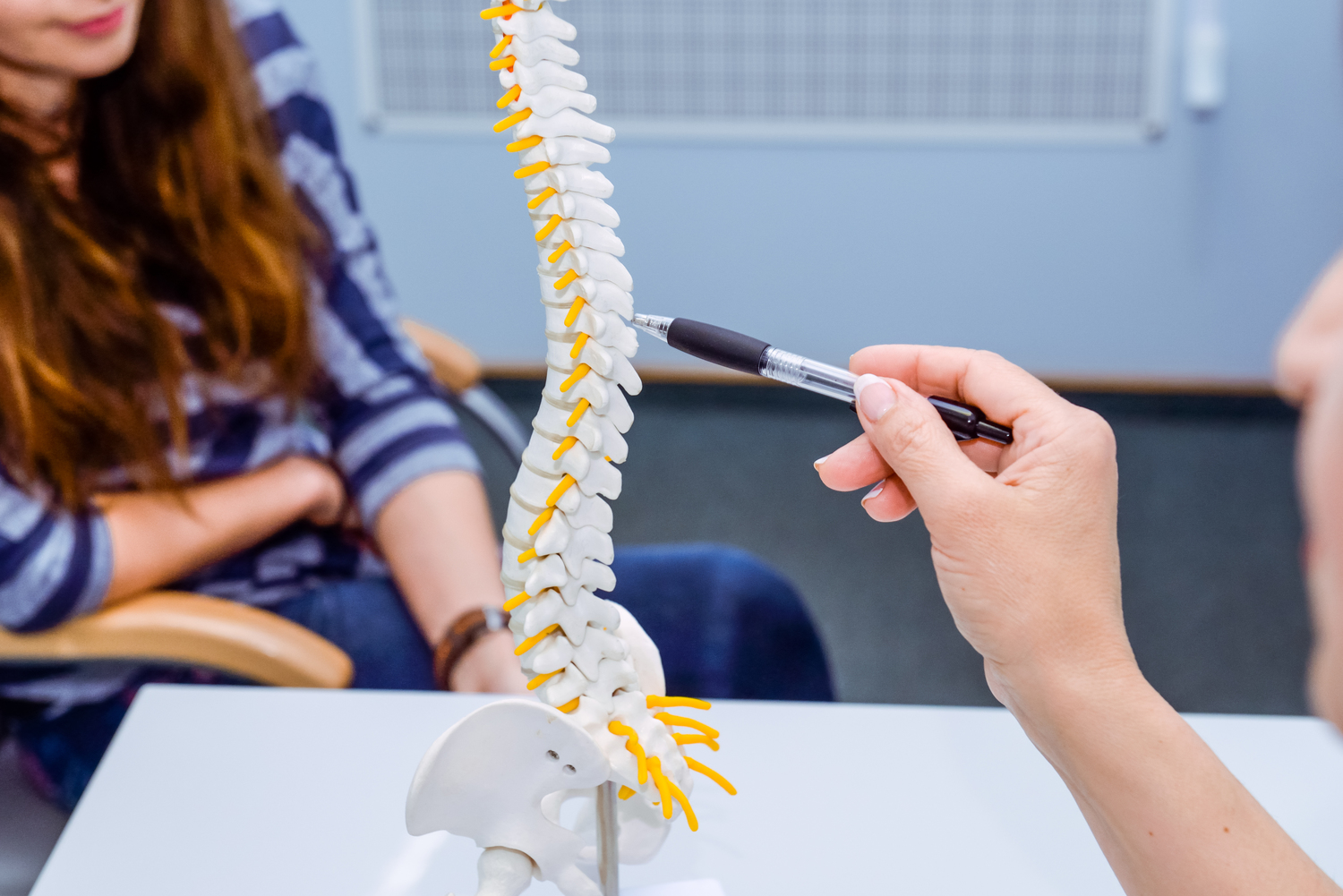Understanding Osteoporosis: Key Risk Factors
This article outlines the key factors influencing osteoporosis risk, both modifiable and non-modifiable. Age, genetics, and health conditions play roles, while lifestyle choices like diet, exercise, and smoking can be adjusted to lower risk. Understanding these factors helps in early prevention and management of osteoporosis. Regular check-ups and healthy habits are essential to maintain bone strength and prevent fractures. Educating oneself about osteoporosis risk factors is crucial for overall bone health and long-term well-being.

Understanding Osteoporosis: Key Risk Factors
Non-Modifiable Risk Factors:
These are factors you cannot control:
Age over 50
Being Caucasian or Asian
Having dementia
Being female or postmenopausal
Family history of osteoporosis
History of fractures or significant height loss
Reduced testosterone levels in men
Chronic illnesses affecting bone health
Having a small body frame
Modifiable Risk Factors:
Factors you can change to decrease risk:
Inadequate calcium and vitamin D intake
Sedentary lifestyle and lack of physical activity
High consumption of protein, sodium, caffeine, or alcohol
Smoking
Excessive alcohol intake (more than 2 drinks daily)
Use of corticosteroids
Low body weight or nutritional deficiencies (e.g., in eating disorders or after gastric surgeries)
Thyrotoxicosis
Note: This article provides general information about osteoporotic risk factors and is not a substitute for professional medical advice. Always consult healthcare professionals for diagnosis and treatment options.










